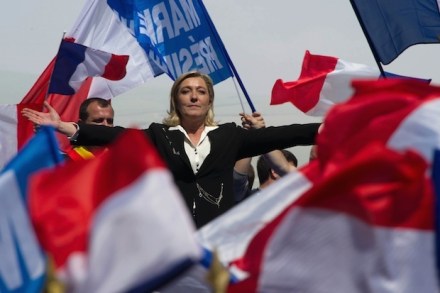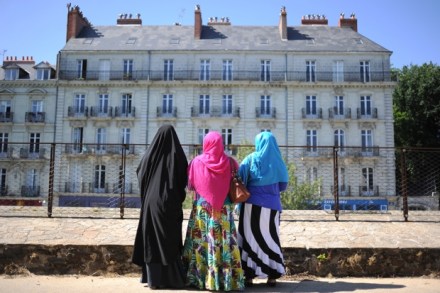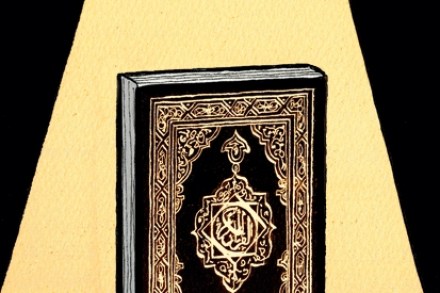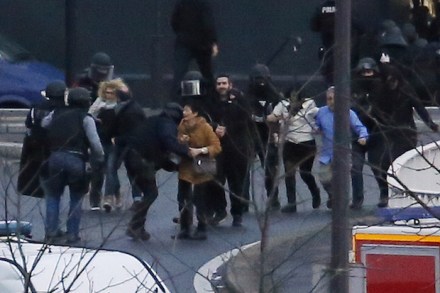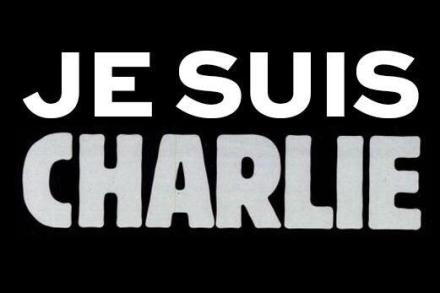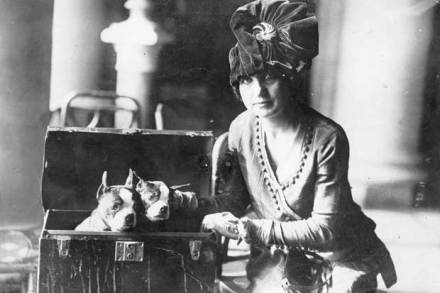Israel has become a life-insurance policy for many British Jews
Weekends are quality time in the Alderman household. On Saturday evenings, following the termination of the Sabbath, my wife and I are accustomed to sit together, review the week that has just ended, and map out the week ahead. But last Saturday the conversation took a very different turn. My wife and I considered the drama that had unfolded in Copenhagen, and asked ourselves, for the very first time in over forty-one years of marriage, whether we should not make plans to leave (flee?) England – this green and hitherto pleasant land in which we had both been born and educated– and seek shelter in some foreign field. We considered


